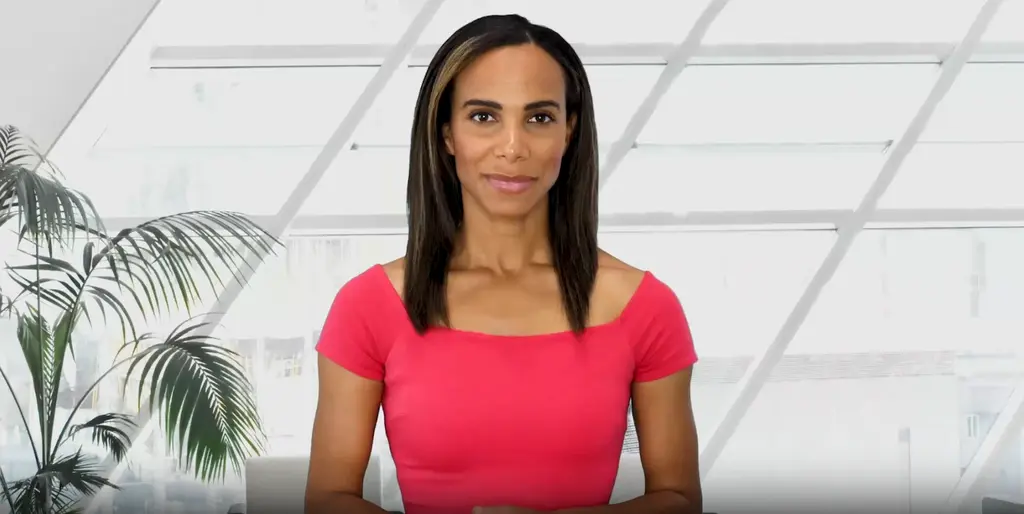Content Reviewed by:
Nasheia Smith •
September.21.2025
Vertified Content
Sep 21, 2025
| Read Time: 5 minutes

A last will and testament provides for the disposition of all of your property. Often, that means it goes to your children. But what happens if your children are still minors?
And more importantly, what happens to the children themselves? Who do they go to if you pass on?
We are estate planning attorneys in Waldorf, Maryland. We want you to have your estate planning documents in order.
If you have minor children and don’t have a will, then you need to stop right now and make this a priority. You do not want the state or the court system making decisions about who gets your children and who holds your property for them. You want to make those decisions yourself. You can do that in a professionally drafted last will and testament.
You need to choose a guardian and a trustee. These are two totally different jobs. It can be the same person, and usually is, but it does not have to be. You need to think carefully about your personal situation and make the right choices for you and your family.
Good Estate Planning is More than just a Will: Yes, you need a last will & testament. But that only kicks in when you pass away. What if you are disabled? Proper estate planning requires some other very simple documents. First, you may need to get a Durable Power of Attorney in case you are disabled and need someone else to handle your finances. Second, you should consider getting an Advanced Medical Directive to give someone else the ability and power to make health care decisions for you if you are disabled. Do you need a Living Trust? Click those links to learn more, and visit our Free Legal Guide to Wills & Estate Planning in Maryland to learn everything you need to know about estate planning.
Article Contents
Guardian

You should try to choose one person as guardian, not a couple. The sad fact is that 50% of marriages end in divorce and you do not want your children to be the subject of someone’s custody battle. So choose one person – not a couple.
Most people choose a family member. If so, name the actual blood relative and leave the spouse or significant other out. Keep in mind the spouse of your actual relative will still live with them and be just as able to take care of them as if they were the named guardian. But if the worst happens to that couple, your children will stay with your blood related family.
If this ruffles any feathers, feel free to blame your attorney. We won’t mind.
Trustee

Importantly, the trustee will also be the person who says “no” to a financial request. Sometimes, that is a good thing. If you worry that your guardian may spend all your money too freely, then maybe appointing a different person as trustee makes sense. Again, this all depends on your own personal situation and family dynamics.
Much of the same advice applies to the trustee as the guardian. You will likely give your trustee absolute power to distribute your money to your children, so choose this person wisely as well.
Most people make the guardian and trustee the same person. It is hard to be a guardian if you have no money to pay for things, or if you have to ask the trustee for money every time you need it for the children. You can do it in the right situation, but please realize that you are creating possible conflict.
When do the kids get it?

The most popular ages are 18, 21 & 25. It is hard to predict how mature your 18 year old will be if that is a long way off. Most people want their children to use their money for college, and not to blow it on a Ferrari, or a trip around the world. If you worry about your money getting blown on things you wouldn’t choose, then you can always delay the date on which your children get your money free from any controls.
But at some age, they will get the legal right to own your money and do with it whatever they want. Until then, your trustee will continue to have the power to pay for things – and to say to paying for other things, like that souped up Ferrari.
Name some Alternates

In the will we use the phrase “unable or unwilling to serve” when establishing the event upon which you may need an alternate. Your last will and testament will say that IF your first choice is “unable or unwilling to serve” then you choose this different person as an alternate.
This phrasing allows for a wide range of reasons that you might need an alternate. But what you are really worried about is your guardian or trustee dying before you do. This is just an easier way to say that.
And you never know what will happen in the future. So if, for any reason, your first choice for these important jobs is “unable or unwilling” to serve, you will be covered.
Life is unpredictable. We recommend choosing alternates.
Conclusion

Want to know more? Discover what you need to know about Wills in Maryland. Click here to see our Free Legal Consumer Guide to Wills and get answers to your questions today. Know your options. Be informed. Protect yourself.
Need an attorney for your will? Please contact us for a consultation today if you need an experienced estate planning lawyer for your will.
Like our blog? Subscribe to our email newsletter and stay informed!



